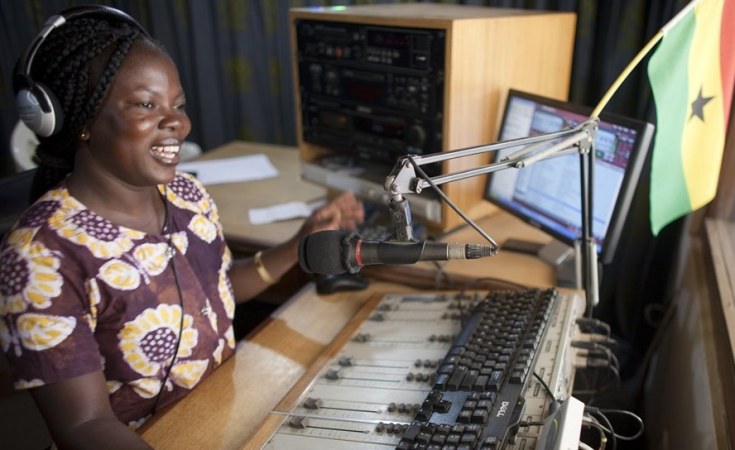An excerpt from a fact sheet on Africa issued with the UN Population Fund's 2014 State of the World Population report:
Nigeria is a country that could reap significant benefits from the demographic dividend. The proper investments in human capital could catalyze explosive social and economic development.
Nigeria and Indonesia had the same fertility rates and similar working age to non-working age population ratios in 1960 - Indonesia's fertility rate began to decline and Nigeria's did not. Nigeria went from a GDP per capita slightly higher than Indonesia in 1960 to half the GDP per capita of Indonesia today.
If Nigeria invests more in social and human capital, the British Council and Harvard School of Public Health estimates it could raise its GDP by two percentage points and lift 2.3 million people out of poverty.
A slight decline in fertility would raise output per capita by 5.6% at a horizon of 20 years and by 11.9% at a horizon of 50 years.
The demographic dividend in Nigeria could contribute to a trebling of GDP per capita as well - the WEF predicts that Nigeria's GDP would be 12% higher by 2020 and 29% higher by 2030 due to increasing life expectancies and demographic transition.
Nigeria has already begun to implement policy initiatives to invest in the country's youth.
- "The Child Rights Act in Nigeria has passed in 23 states and the Federal Capital Territory, with advocacy ongoing in the remaining 13 states. Other policies and programmes benefitting the girl child include a national database for vulnerable children, girls' mentorship programme, national nutrition policy, a children's parliament, gender mainstreaming and a policy on gender in basic education".
- "From 1997 to the present, Nigeria's Child Rights Act has formed the basis of law and policy in various parts of the country. In addition to gender equity in education, they prohibit child marriages and taking girls out of schools".


